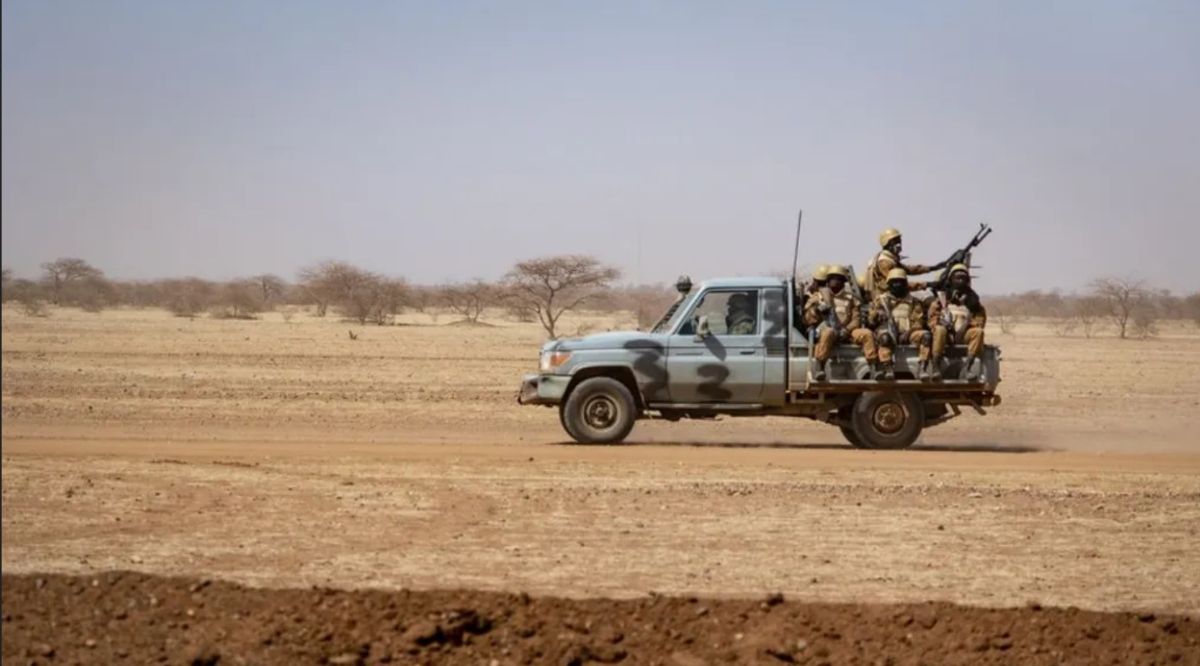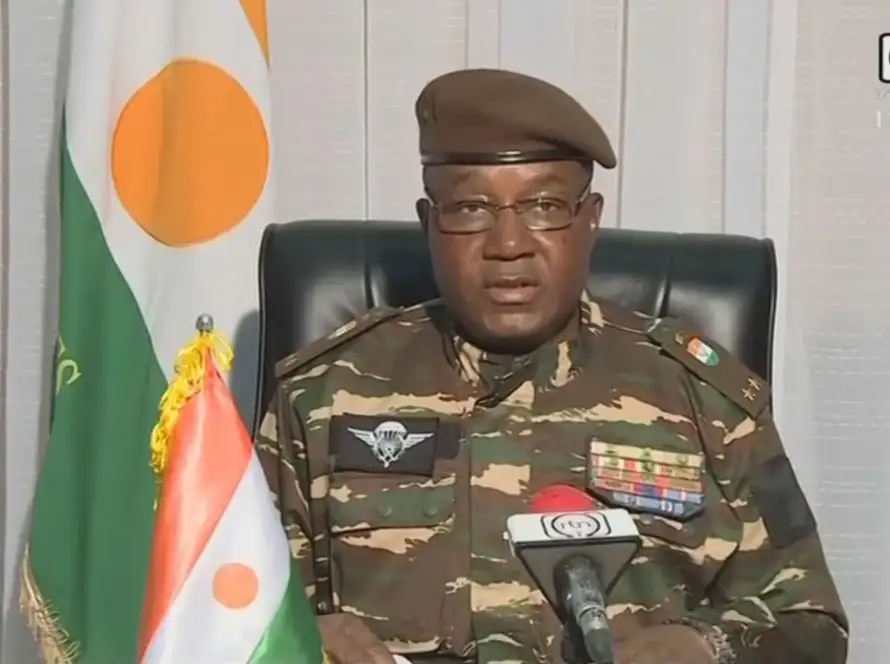Amidst growing concerns over press freedom, authorities in Burkina Faso have made another repressive move, targeting TV5 Monde along with other foreign news websites.
On April 27, 2024, the Conseil supérieur de la communication (CSC), Burkina Faso’s media regulator, issued a press release condemning what it deemed as “peremptory and tendentious statements” against the Burkina Faso army in various media. The CSC accused these outlets of violating fundamental principles of information processing and spreading disinformation that could tarnish the reputation of the army. This is in reference to the affected media outlets’ coverage of a recent report by Human Rights Watch which accuses the Burkinabe army of serial abuses against civilians in the north and north-east of the country.
The CSC decided to suspend TV5 Monde’s international programmes in Burkina Faso for two weeks, along with blocking access to several foreign news websites including Deutsche Welle, Ouest-France, Le Monde.fr, ApaNews, The Guardian, and AgenceEcofin, apparently for wide circulation these media organisations accorded the report.
The report alleged that the army executed over 200 villagers, including children, without due process as part of an operation targeting civilians suspected of collaborating with militants. The CSC argues that such sensitive information could incite public disorder and has called on all media outlets to refrain from disseminating such content under threat of sanctions.
This move by the CSC follows the suspension of BBC Afrique and Voice Of America (VOA) radio programmes and the blocking of their websites for two weeks, from April 25, 2024. These outlets were also accused of publishing content that is derogatory of the Burkinabe army without substantial evidence.
These recent suspensions add on to a growing list of media outlets that have faced sanctions in Burkina Faso, including Jeune Afrique, LCI, France 24, and RFI.
The Media Foundation for West Africa (MFWA) strongly condemns these actions, and calls on the Conseil Supérieur de la Communication to revoke the sanctions. We are concerned that these measures were taken arbitrarily, denying the affected media organisations an opportunity to respond to the charges levelled against them. It is particularly disturbing that this crackdown is coming from the media regulator which has a duty to ensure that the accused media organisations have a fair hearing.
In a recent report the MFWA warned that changes to the CSC law allowing the Executive to appoint the president and vice president of the media regulator would lead to abuse.





